
Published: Last Updated:
Readtime: 8 min
Every product is carefully selected by our editors and experts. If you buy from a link, we may earn a commission. Learn more. For more information on how we test products, click here.
Marked in our calendars for the 25th of April every year, ANZAC Day is a significant date for our country that brings us together for a dawn service, a bacon and egg roll, a few drinks, and a game of two-up to commemorate those brave men and women who paid the ultimate sacrifice for our freedoms. Played in pubs and clubs, the laws around this unregulated form of gambling differ from state to state, but we’ve included regulations for your state at the end of this article.
The game features two pennies, a kip, and a designated spinner who throws the coins. Here’s how you play (and win) a game of two-up.
How to Play Two-Up
OVERVIEW: Two-up is a traditional Australian gambling game featuring two main types of betting activities. The game played in most pubs and clubs around Australia involves the ‘spinner’ and the ‘boxer’ or ‘ringkeeper’. The spinner throws two coins into the air and they win by landing two heads in three consecutive rounds.
WHAT YOU NEED: Here’s what you need to play two-up:
- 1x Kip (paddle)
- 2x 20c coins (pennies) with tails marked by a white cross
INSTRUCTIONS: Here’s how you play two-up:
- People stand around a circle known as ‘The Ring’
- The ‘spinner’ is chosen and places their bet with the ‘boxer’ for an amount ($5, 10, etc.)
- People place side bets on the result of the coin flip with the ‘heads’ bettors holding their cash while the game is being played. Bets are as follows:
- Heads (two heads) – signalled by tapping a banknote on your head
- Tailed (two tails) – signalled by tapping a banknote to your hip or buttock
- Note: If coins show one head and one tail (odds), they’re thrown again
- Using the kip, two coins are spun (thrown) in the air at least 3 metres by the spinner
- The result determines the winners of the side bets but also the spinner’s fate:
- Heads: spinner wins, continues throwing
- Tails: spinner loses, stops throwing, loses bet
- Odds: spinner throws again
- After each successful ‘heads’ round, the spinner’s bet is doubled and funded by the boxer, who finds an opposite-tailed bet from the crowd
- The spinner only wins when they throw three ‘heads’ in a row within an innings
PLACING BETS: Bets are placed with the boxer, who then finds a matching opposite bet from someone in the crowd. Secondary betting occurs among the spectators. Individuals signal their choice of ‘heads’ or ‘tails’ to place a bet. A ‘heads’ bettor typically taps their head with a banknote, while a ‘tails’ bettor taps a banknote against their waist or buttocks. Spectators find someone displaying the opposite bet to pair with, and the ‘heads’ bettor will always hold the total cash being wagered while the game is being played.
Before the spinner throws the coins, the boxer calls out “Final Bets” or “All bets are off,” indicating that no more bets can be placed.
The spinner’s wager is straightforward: if they start with a $5 bet and successfully toss two heads, the bet doubles to $10 in the second round and then to $20 in the final round. Thus, winning three consecutive rounds of ‘heads’ will net them $40 in total, from their initial $5 bet. However, if at any point the spinner tosses two tails, they lose their original wager, and a new spinner takes over to start a new game.
After the boxer announces the outcome of the coin toss, bets are finalized accordingly. If the result is ‘heads’, those in the crowd who bet on heads keep the money. Conversely, if ‘tails’ is the outcome, those who bet on tails collect the winnings.
NOTES: Here are a few things to note:
- The ‘heads‘ better will always hold the cash once a ‘side bet‘ is agreed.
- Once the boxer announces the result, the winner of the side bet will keep or receive the money.
- Some venues use three coins to avoid the ‘odds’ result, which results in a quicker game.
- If three odds are thrown in a row, some venues require the spinner to do 10 push-ups.
- The ring keeper selects the spinner at random in a clockwise motion using the kip.
- The tail side of the coins should be marked with a white cross, usually with a white-out pen.
- Coins are always placed on the kip tails (cross) side up.
- Some venues only require you to throw the coins above the height of your head.
- The game is void if the coins fall outside the ring or if any coins hit the ring’s edge.
- The decision of the ringkeeper/boxer is final.
Now you know how to play the ANZAC Day tradition, let’s check out some more of the history behind it.
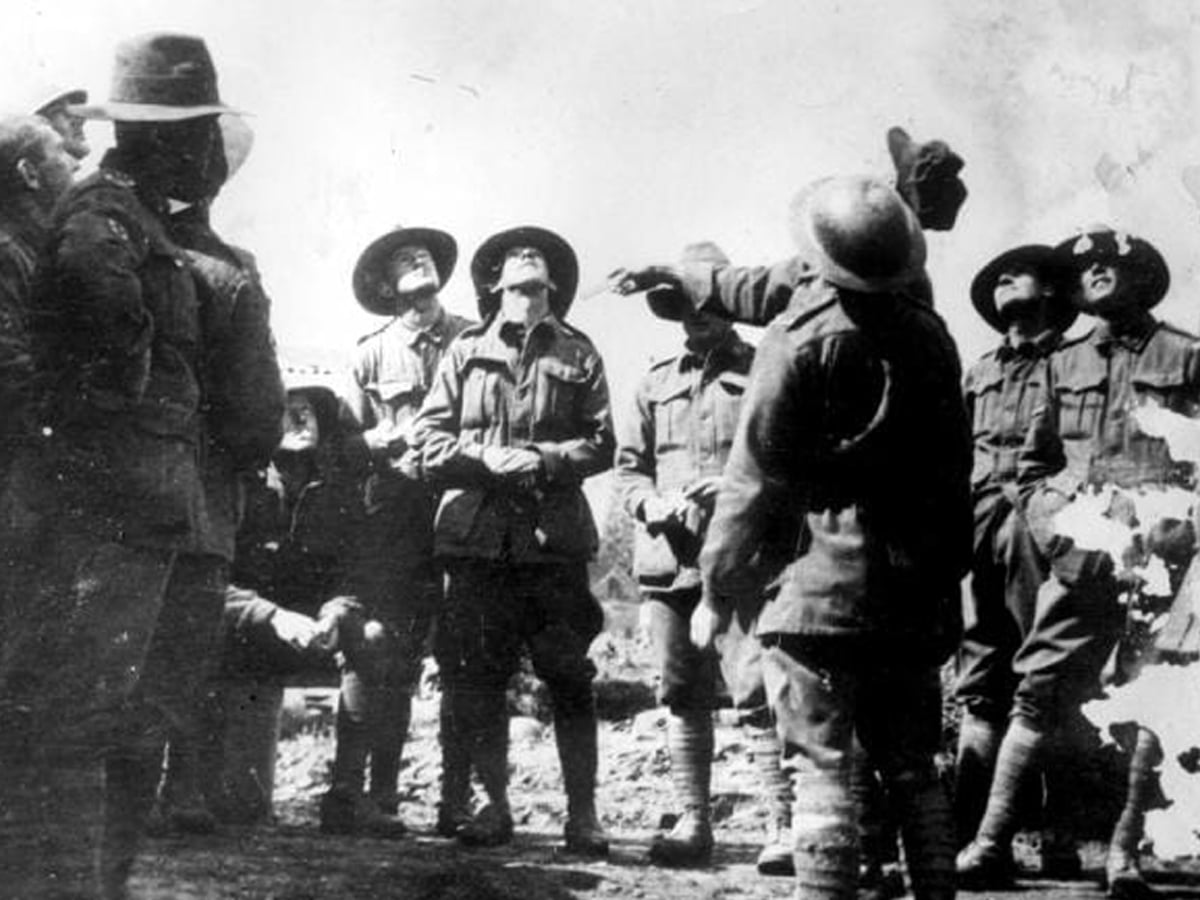
History of Two-Up
The origins of two-up evolved from pitch and toss, a gambling game that involved tossing a solitary coin in the air and betting on the outcome. From here, a second coin was added and the iconic game was born.
Two-up first became popular in 18th-century England, particularly among poor English and Irish citizens. When the gold rush hit Australia in the 1800s, settlers from all parts of the globe arrived, hoping to make their fortune in the fields. They brought with them fashion, culture, food and unsurprisingly, two-up. By the 1850s, the game was a popular pastime on the goldfields of Kalgoorlie and Broken Hill.
Two-up continued its run of success throughout the early 1900s as well. In World War I, Australian soldiers played the game in trenches and on troopships, thus leading to a strong association with ANZAC Day.
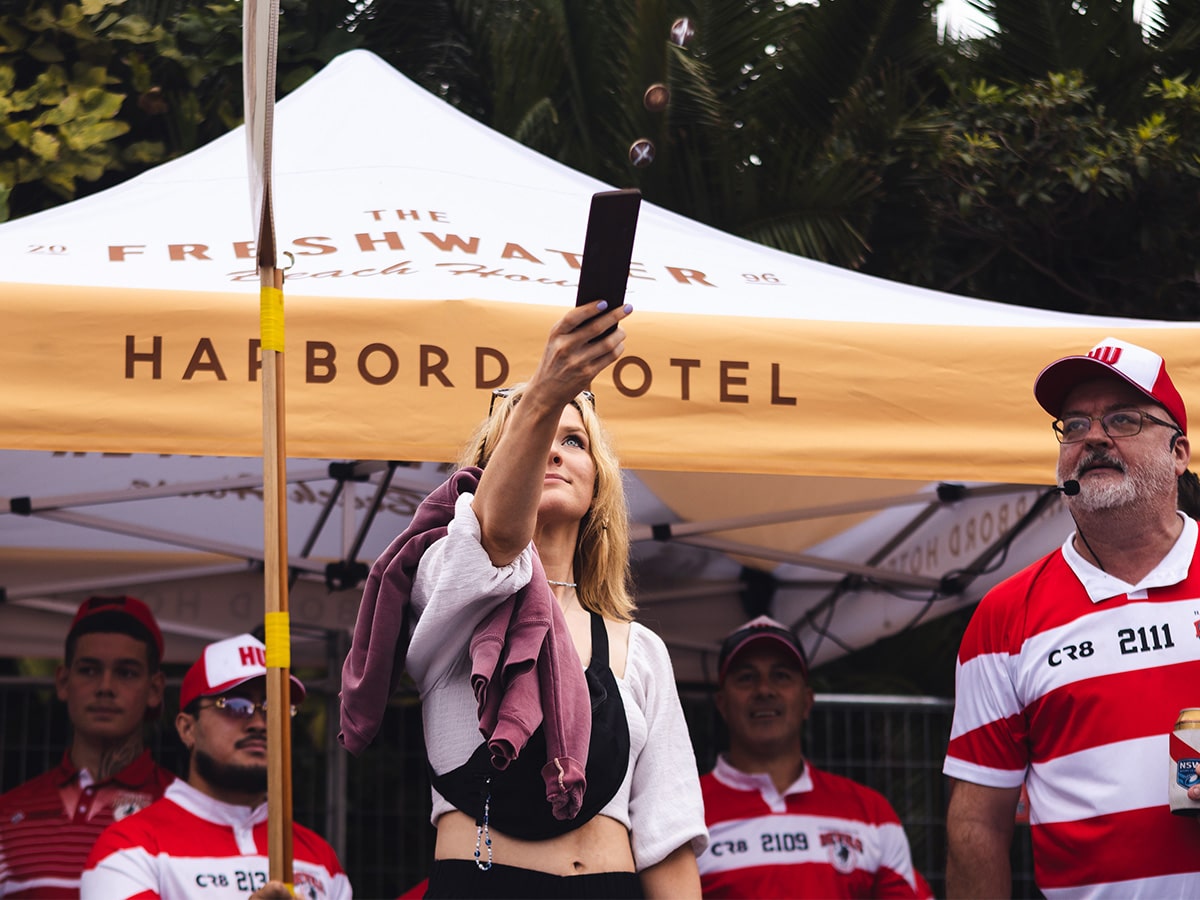
Laws of Two-Up in Australia
The laws around two-up vary on a state-by-state basis. While often thought to be illegal on all dates except ANZAC Day, this is not the case in states like New South Wales.
Here are the two-up laws around Australia:
- New South Wales: We have the most relaxed two-up laws in the country here in NSW. You’re allowed to play two-up on three days of the calendar year: ANZAC Day (25 April in any year), Victory in the Pacific Day (15 August in any year), and Remembrance Day (11 November in any year but only after midday). Anyone can play two-up as “Social Entertainment”, but only registered clubs can play two-up as a fundraiser, according to Liquor and Gaming NSW.
- Victoria: You can play two-up in Victoria at an RSL club, sub-branch or any venue used by the RSL on ANZAC Day or during commemorative functions in the 7 days leading up to ANZAC Day.
- Queensland: You’re allowed to play two-up in Queensland at an RSL, Services Club, or Licensed premises that have written permission from an RSL sub-branch as long as it’s part of an official function for ANZAC Day or another legally designated day of remembrance of the sacrifice of ex-servicemen and women, according to the Queensland Government.
- South Australia: Two-up is legal in South Australia on ANZAC Day every year, but only on the premises of a branch or sub-branch of the Returned Services League and any premises owned or occupied by the Defence Forces of Australia, according to South Australia Lottery and Gaming.
- Western Australia: You’ll find some of the country’s strictest two-up laws in Western Australia. Even on ANZAC Day, clubs must apply for a two-up permit by writing in a form supplied by the Commission, to the Department of Local Government, Sport and Cultural Industries. If you want to hold a game of two-up and you’re within a 100km radius of the Crown Perth, you’ll have to get permission from the casino (unless it’s ANZAC Day, then you ask The Minister for Racing and Gaming).
- Tasmania: You’re only allowed to play on ANZAC Day between the hours of 6:00 am to 6:00 pm and you have to be on permitted premises. These permitted premises are those permanently occupied by an organisation where the majority of members are former members of the defence forces (RSL clubs), according to Tasmania Liquor and Gaming.
- ACT: Permitted on ANZAC Day as long as there’s no charge, commission or fee (except where the charge, commission or fee is to raise funds for charity), according to Gambling and Racing ACT.
- Northern Territory: RSL clubs may host a game of two-up on ANZAC Day.
NOTE: There are only two places in Australia where two-up is legal year-round. The first is Broken Hill, which has secured a special licence from the NSW government. The second is a lone, rusty shed 10 minutes drive from Kalgoorlie where they host two-up on Sunday afternoons.
You’ll also like:
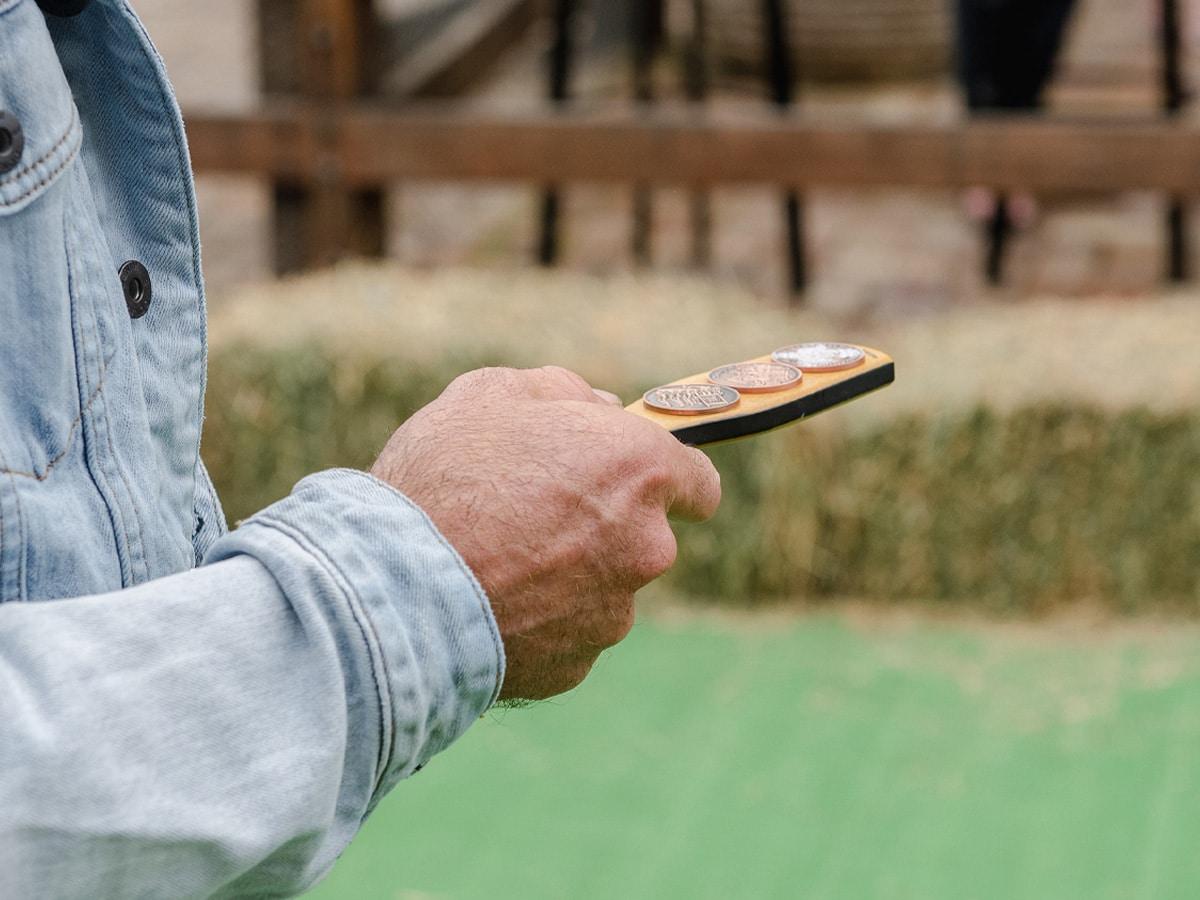





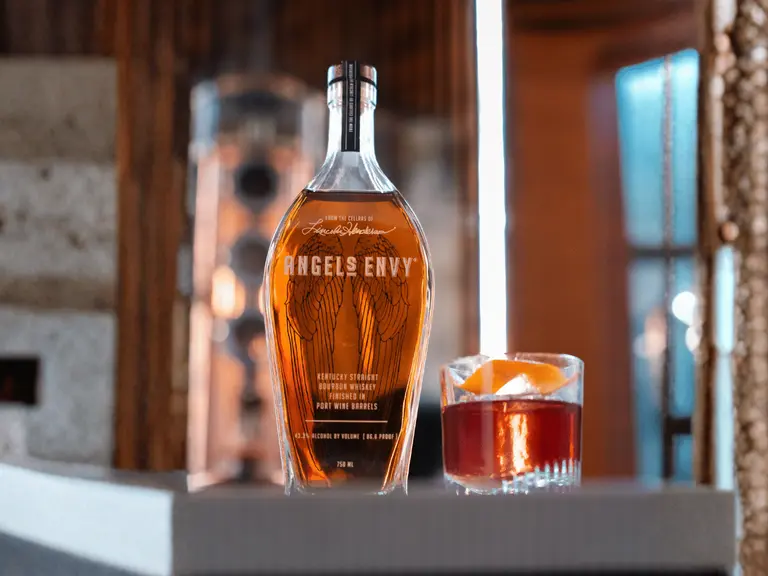












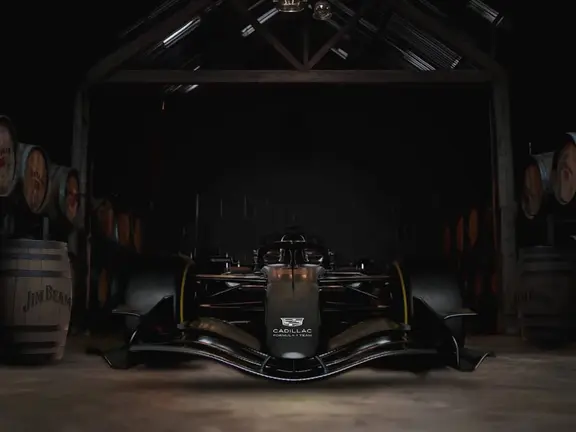



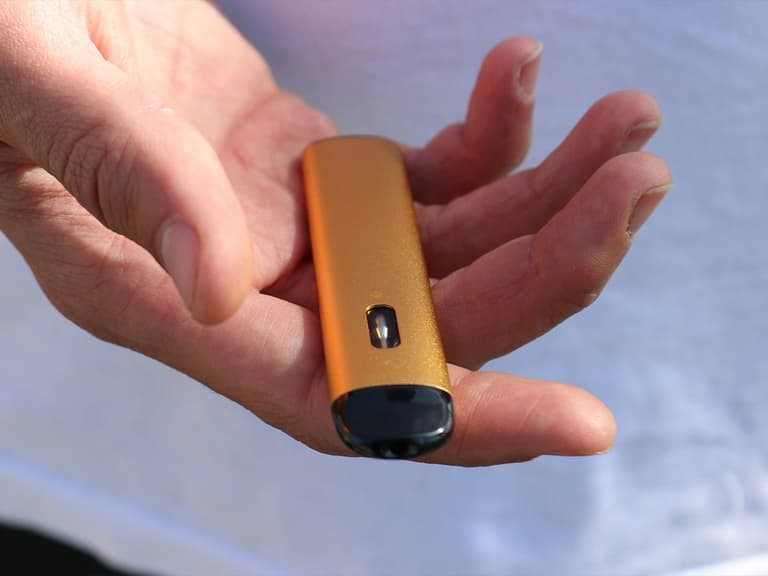







Comments
We love hearing from you. or to leave a comment.